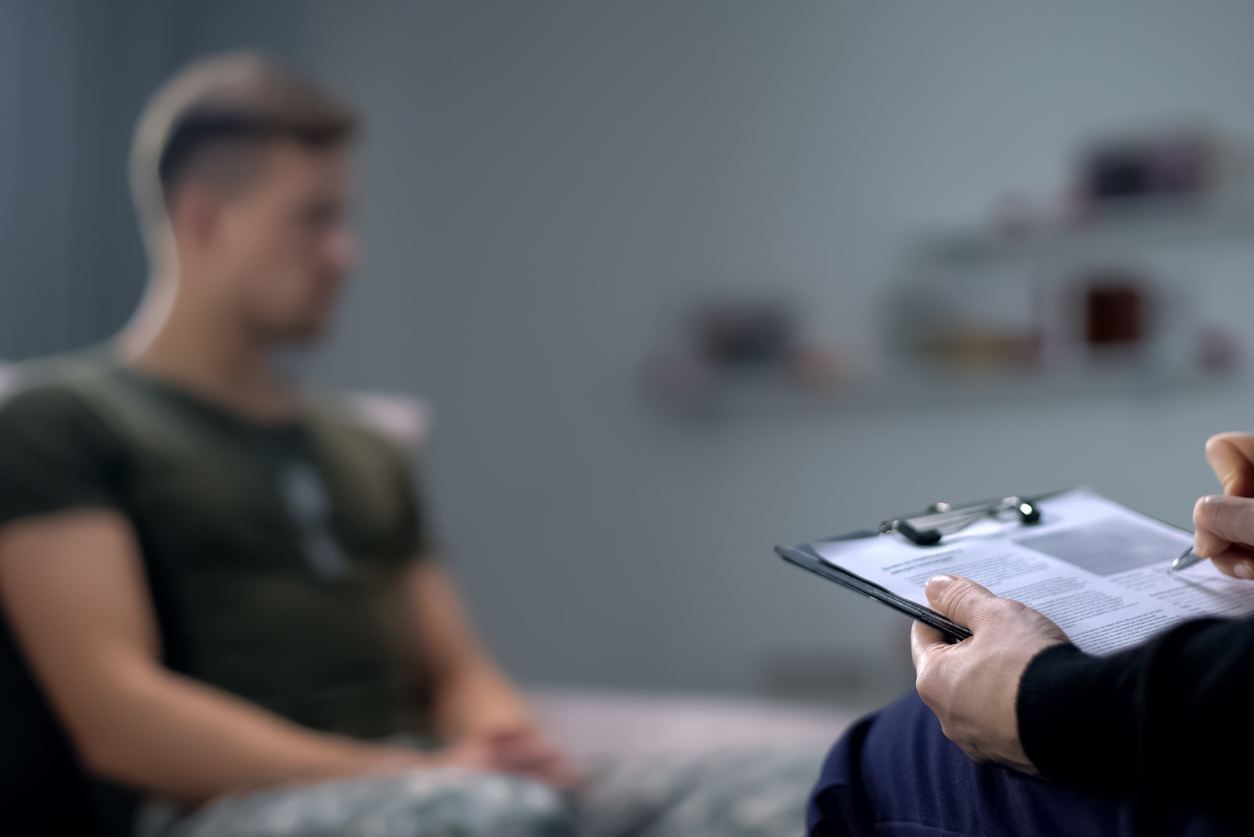Athletes often focus on physical training, but mental performance plays a critical role in achieving success. Whether it’s overcoming performance anxiety, improving focus, or bouncing back from a slump, working with a sports psychologist can make a significant difference. However, many athletes don’t know where to start when it comes to finding and working with a local sports psychologist.
This guide will break down the process, highlight the benefits, and provide actionable tips to help you choose the right expert.
Why Consider a Sports Psychologist?
Sports psychologists specialize in the mental aspects of athletic performance. They help athletes:
- Improve focus and concentration: Learn strategies to block out distractions and stay in the zone.
- Manage stress and anxiety: Develop tools to handle pressure in competitive environments.
- Enhance motivation: Identify barriers to motivation and create personalized plans for sustained effort.
- Recover from setbacks: Navigate injuries or losses with resilience and confidence.
These professionals work with athletes of all levels, from weekend warriors to elite competitors, ensuring that every individual has the mental tools they need to thrive.
The Benefits of Working with a Local Sports Psychologist
Choosing a local sports psychologist offers unique advantages:
- Convenience: You can meet in person, making it easier to build a strong working relationship.
- Community understanding: Local psychologists are familiar with the community, sports culture, and challenges in your area.
- Accessibility: Proximity reduces travel time and allows for more frequent sessions if needed.
- Collaboration: They may already have relationships with local coaches or teams, enabling seamless integration into your training routine.
How to Find a Local Sports Psychologist
Ask for Recommendations:
Start by talking to your coach, trainer, or teammates. They may know reputable professionals in your area.
Check Online Directories:
Use resources like the American Psychological Association (APA) directory or Psychology Today to search for licensed sports psychologists near you.
Look for Certifications:
Ensure the psychologist is certified in sports psychology or has relevant experience. Look for credentials such as a Certified Mental Performance Consultant (CMPC).
Read Reviews and Testimonials:
Online reviews or testimonials can give you insight into an expert’s approach and effectiveness.
Schedule an Initial Consultation:
Most psychologists offer a free or low-cost introductory session. Use this time to ask questions, discuss your goals, and determine if it’s a good fit.
What to Expect in Your First Session
The first session with a sports psychologist is an opportunity to build rapport and set the foundation for future work. Here’s what typically happens:
- Assessment: The psychologist will ask about your athletic background, current challenges, and goals.
- Goal Setting: Together, you’ll define what success looks like and outline a plan to achieve it.
- Introduction to Techniques: You may begin learning basic tools, such as visualization, relaxation methods, or mental rehearsals.
How to Make the Most of Your Sessions
Be Open and Honest:
Share your challenges, even if they feel personal or difficult to articulate.
Practice Consistently:
Mental skills, like physical ones, require regular practice. Apply what you learn in your sessions to your training and competitions.
Set Realistic Goals:
Improvement takes time. Celebrate small wins along the way to stay motivated.
Communicate:
If something isn’t working or you have concerns, discuss them with your psychologist. Adjusting your approach is part of the process.
Tips for Finding the Right Fit
- Specialization: Look for a psychologist who specializes in your sport or has experience with similar athletes.
- Communication Style: Choose someone whose communication style resonates with you. Do you prefer a direct approach or a more collaborative one?
- Availability: Ensure their schedule aligns with yours to maintain consistent sessions.
- Comfort Level: Feeling comfortable with your psychologist is essential for open and effective communication.
Common Techniques Used in Sports Psychology
Sports psychologists employ various methods to enhance performance, including:
Visualization:
Imagine yourself successfully performing a skill or achieving a goal to build confidence and muscle memory.
Positive Self-Talk:
Replace negative thoughts with affirmations to boost self-esteem and focus.
Goal Setting:
Break down long-term objectives into manageable steps for steady progress.
Relaxation Techniques:
Use breathing exercises, mindfulness, or meditation to stay calm under pressure.
Focus Training:
Learn to block out distractions and concentrate on the task at hand.
FAQs About Sports Psychologists
1. Do I need to be a professional athlete to see a sports psychologist?
No, sports psychologists work with athletes of all levels, including amateurs and those just starting out.
2. How many sessions will I need?
The number of sessions varies depending on your goals and challenges. Some athletes benefit from a few sessions, while others prefer ongoing support.
3. Can I combine sports psychology with other training?
Absolutely. Sports psychologists often collaborate with coaches, trainers, and physical therapists to create a holistic approach.
Take the Next Step
Your mental game is just as important as your physical one. Working with a local sports psychologist can help you unlock your potential, overcome challenges, and achieve new levels of success.
If you’re an athlete looking to improve your focus, handle pressure, or bounce back stronger, now is the time to take action. Start by researching local professionals, scheduling a consultation, and committing to your mental performance journey.
At Launch Sports Performance, we believe in empowering athletes to reach their full potential. Explore our resources and training programs to complement your work with a sports psychologist. Together, we can help you achieve greatness—on and off the field.

